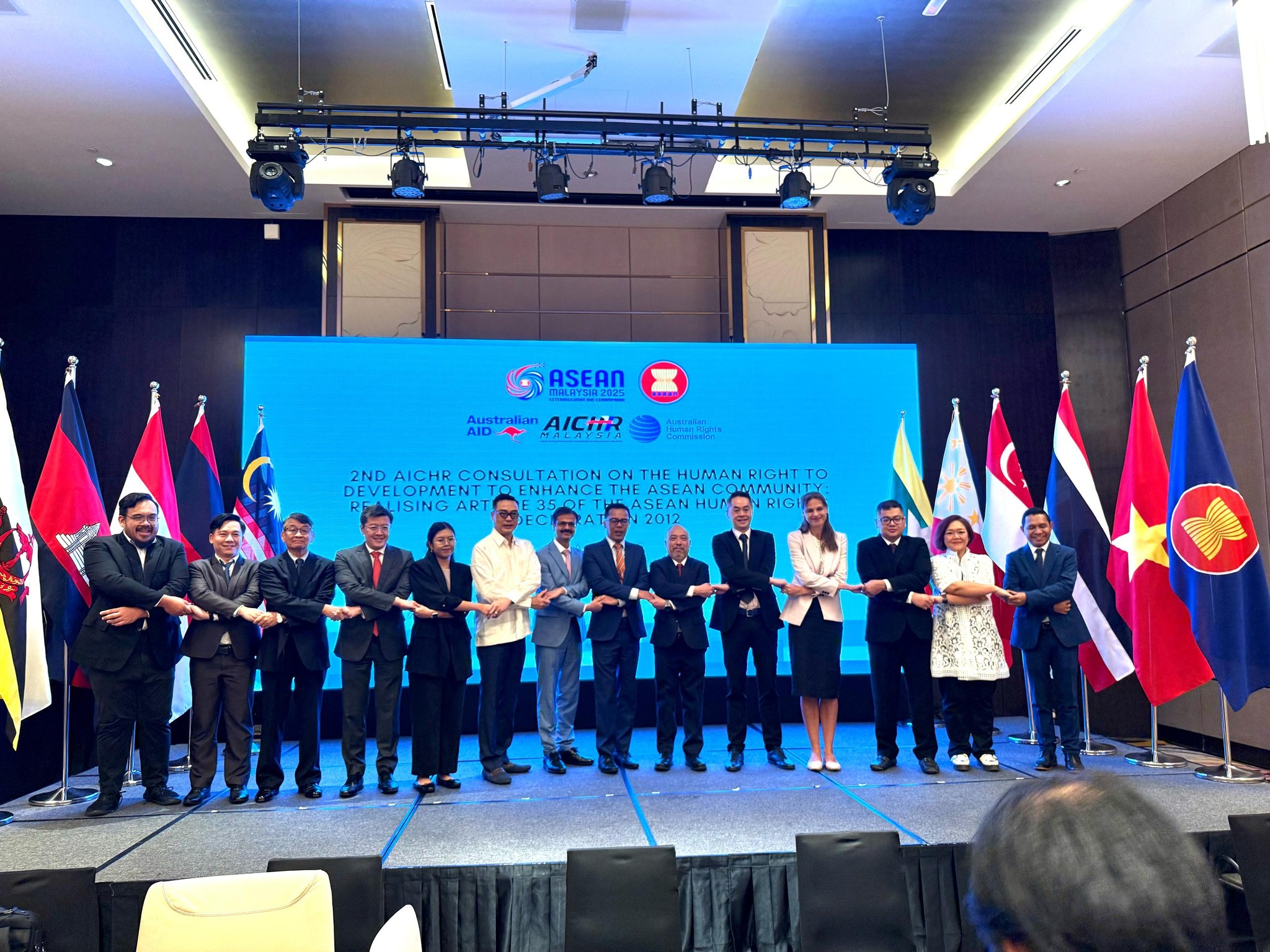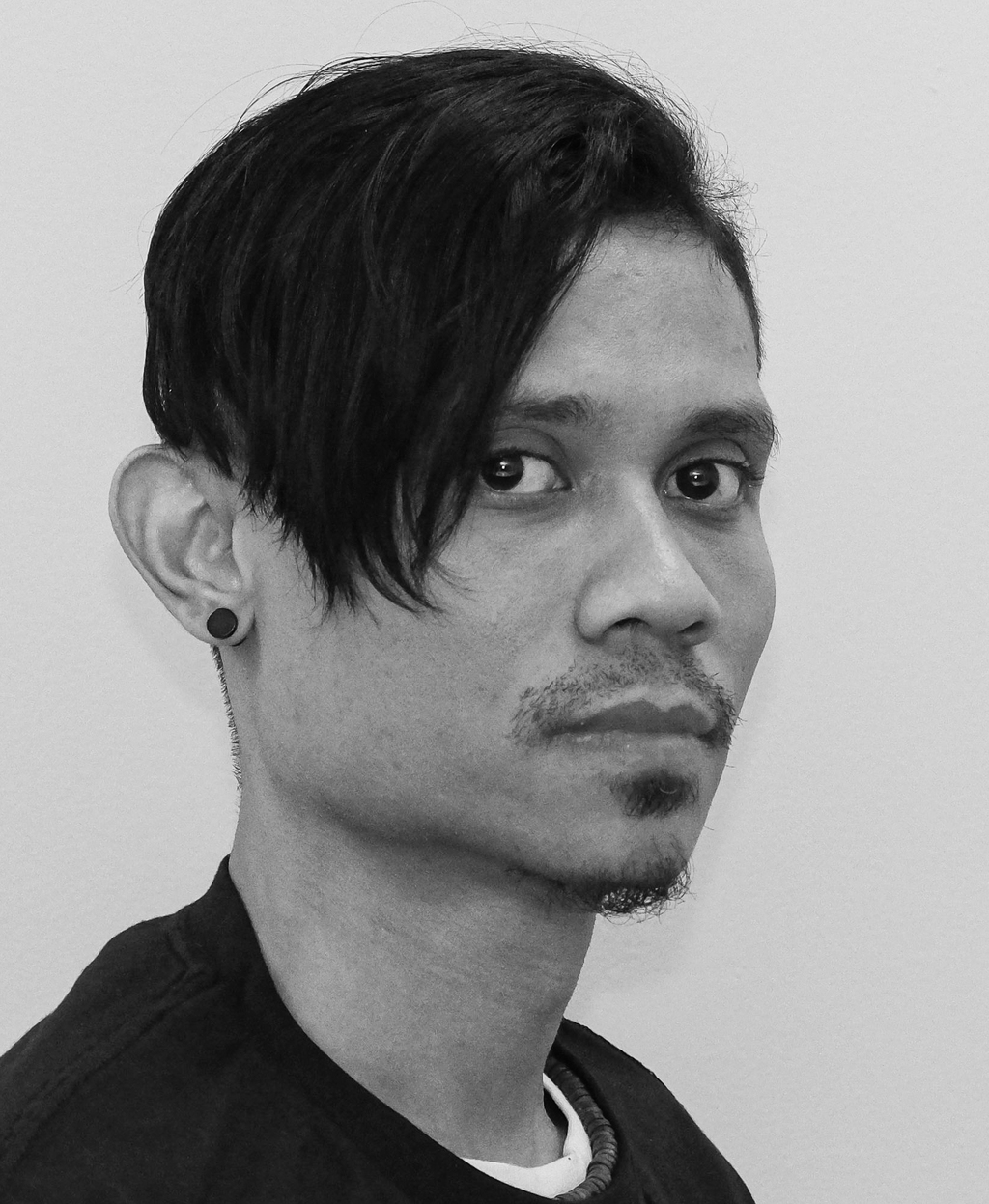KUALA LUMPUR – Malaysia has called on Asean to act swiftly in addressing rising non-traditional security challenges such as refugee crises, forced labour, and conflict, warning that failure to do so could undermine the bloc’s relevance.
Asean Intergovernmental Commission on Human Rights (AICHR) chair and Malaysia’s Representative to AICHR, Edmund Bon Tai Soon, said the right to development has become one of the key priorities highlighted under Malaysia’s chairmanship, with the issues taking centre stage during the Second Discussion on the Right to Development, which began today.
“This session provides an excellent platform for experts, stakeholders, and the public to exchange views, as well as to address common challenges among member states,” he told a press conference after the discussion here today.
Edmund said the emergence of non-traditional security challenges has become increasingly evident across the region.
“Therefore, it is crucial to draft an action plan, listen to civil society views, act swiftly, and address these threats to ensure Asean remains relevant,” he said.
He noted that, under Malaysia’s leadership, the AICHR action plan has, for the first time since its establishment in 2009, been opened for public consultation — a move aimed at deepening engagement with stakeholders, including civil society organisations.
“Under Malaysia’s chairmanship, the AICHR action plan has, for the first time since its establishment in 2009, been opened for consultation. This is a significant step, and Malaysia continues to encourage the engagement of stakeholders, including civil society.
“We have also brought in many experts to help formulate strategies and actionable options for consideration,” he said.

Edmund also stressed that true development should not be confined to economic growth alone but must also ensure the well-being of societies.
He said the Asean community must adopt a more proactive approach in tackling critical issues such as refugee rights, human rights protection, climate change, and regional conflicts.
The discussions are part of the preparatory work for the AICHR Five-Year Action Plan (2026–2030), which will support the broader Asean Community Vision 2045 with an emphasis on stronger human rights protection and enhanced stakeholder involvement.
The two-day consultation, led by Malaysia, is a follow-up to the 2019 AICHR Consultation in Jakarta. It focuses on strengthening Asean’s understanding and implementation of Articles 35, 36 and 37 of the Asean Human Rights Declaration (AHRD) 2012, particularly on the right to development.
The event also serves as an early platform to review and provide feedback on Malaysia’s proposed “Draft Asean Declaration Promoting Peace, Inclusive Growth, Sustainable Development and the Right to Development (PSDG Declaration)”, which aims to anchor human rights more firmly within Asean’s developmental strategies ahead of 2045.
The consultation, attended by Asean representatives, academics, civil society actors and international organisations, featured keynote addresses and panel discussions examining the nexus between development, peace, inclusivity and sustainability.
Speakers included Professor Dr Surya Deva, United Nations Special Rapporteur on the Right to Development, and regional experts from bodies such as the Asean Foundation, the Asean Institute for Peace and Reconciliation, and the Federation of Malaysian Consumers Associations (FOMCA).
Throughout the day, participants reflected on previous recommendations, including the need to mainstream human rights across Asean’s three community pillars and to ensure marginalised groups are meaningfully included in all development initiatives.
The full-day programme today included workshop sessions and plenaries aimed at refining the draft PSDG Declaration, with further consultations planned before its anticipated adoption later this year. – April 28, 2025


